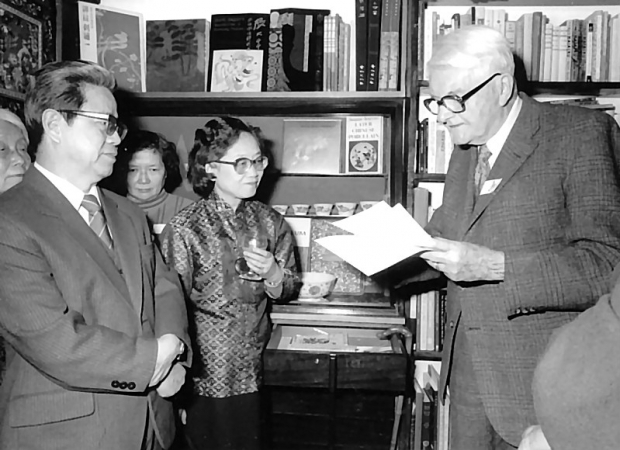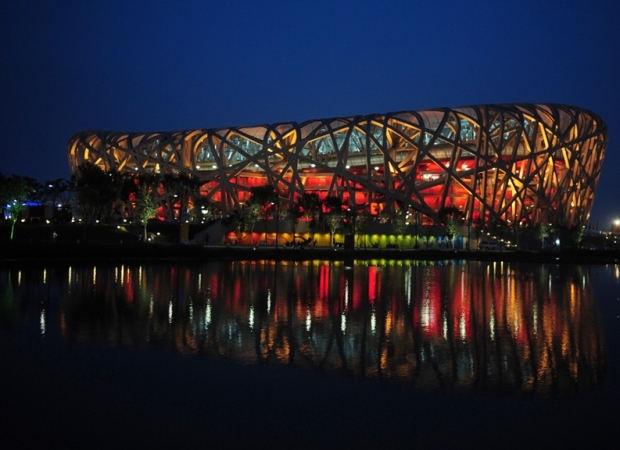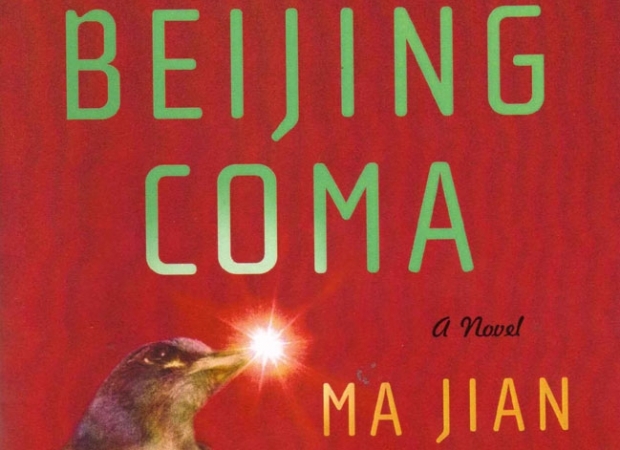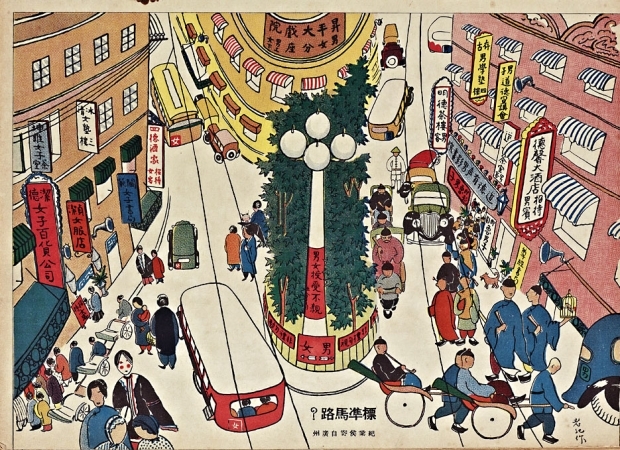“We Are Afraid to Even Look for Them”: Enforced Disappearances in the Wake of Xinjiang’s Protests
In the aftermath of the July 2009 protests in Xinjiang province, which according to the Chinese government killed at least 197 people, Chinese security forces detained hundreds of people on suspicion of participating in the unrest. Dozens of...








